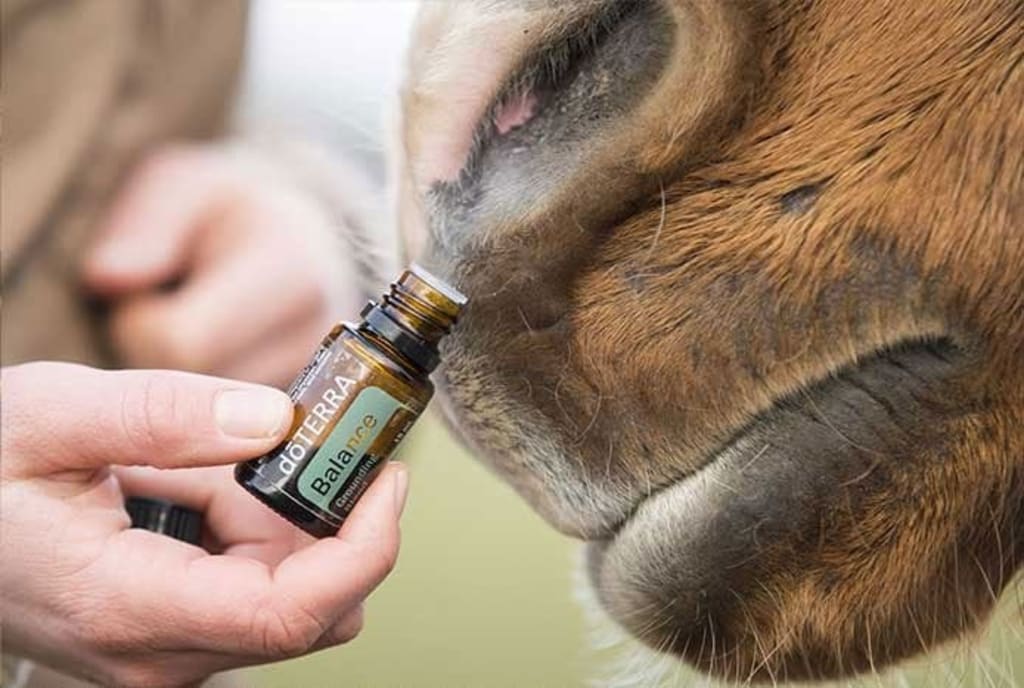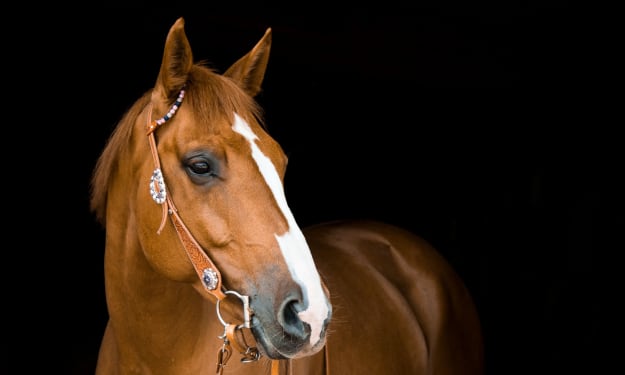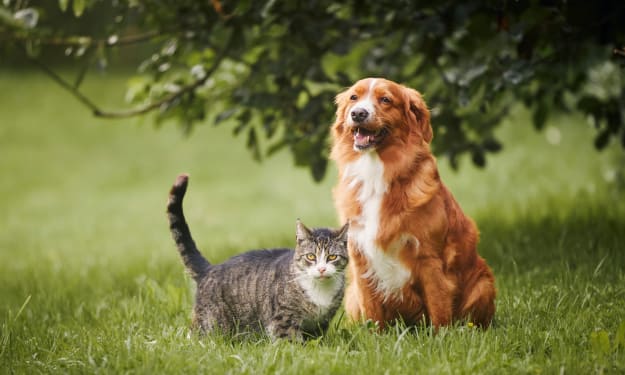
We will look at some of their history, how you could have been misinformed about their safe usage, and even how they function, as I talk about the use of essential oils today as it relates to use with horses.
Although essential oils have been used for hundreds of years, more and more people are turning to them in the modern world for use on both themselves and their animals, particularly horses.
Since it has only just begun to be acknowledged, the history of the usage of these different oils in the equestrian sector is relatively constrained. Numerous new developments within certain equine-based protocols have been made possible because to the approval of the usage of essential oils. For more than three years, we have been utilizing our own exclusive Essential Oil Blends, which have improved our knowledge of what to look for and how to react to a particular need of your horse.
Returning to the history of essential oils, each oil includes hundreds of chemicals that have been discovered to be helpful in a variety of ways to treat a variety of conditions. The right question to ask is "What do you want the essential oil to accomplish?" as opposed to "What will a specific essential oil do?" The fact is that an essential oil may and often does respond differently for each person or animal to whom it is administered. You now need to have the confidence to rely on how your body—or the body of your animal—reacts to the oil being administered. Understanding that each unique oil is a blend of several compounds—never a single chemical compound—is crucial. Keep in mind the proverb "The nose knows."
Let's look at how these oils really function now that we've discussed how humans and animals react to their usage. As we now know, essential oils are made up of a variety of chemical compounds that interact with one other and the seven primary organ systems in our bodies and those of our animals, including the neurological system, digestive system, lymphatic system, and so forth. This goes back to identifying the cause of the issue and working to solve it rather than concentrating on the problem's symptoms. Focusing just on one symptom will never solve the underlying issue; all that will happen is that you will experience more symptoms. Essential oils have a reputation for being able to address both the emotional and physical aspects of any issue.
We emphasize time and time again that "Aromatherapy" is always the best approach to utilize when dealing with horses and exposing them to the usage of Essential Oils. We take this course since certain essential oils shouldn't be consumed and it's always best to err on the side of caution than to cause trouble. The second reason we emphasize this approach is that many oils, especially those that are used at full strength, might hurt a horse's skin since it is more delicate than human skin. For horses to properly utilize an essential oil topically, the oil must be diluted to just a 2.5 percent factor of the actual oil or mix of oils; in other words, the oil must be 97.5 percent "carrier". The proprietary essential oil blends we employ are safe to use topically and in aromatherapy since they are diluted to a ratio of 2.5 percent.
In fact, you can see a video of us introducing our proprietary essential oil blends to all the horses we deal with at https://youtu.be/7s Gikr7KM.
. The procedure we use to introduce the oils to the horses we deal with is described vocally and shown visually in this video.
The absence of proteins in any essential oil makes it impossible for an allergic response to occur, which is another crucial point to emphasize. An allergic response to a particular item is caused by the proteins in diverse substances.
If you're wondering how everything works together and interacts, it's mainly done by one very little part of the brain. The region I'm referring about resembles an almond in both size and form. The "Amygdala" is that region of the brain, and it is mostly responsible for your horse's emotional state. When examining the horse's brain, the emotion being discussed is one that is founded on fear and wrath; it is not sadness, pride, or any other emotion that humans could experience. It behaves in a way that is much more akin to being instinctual and basic in nature.
The brain's "limbic system," which includes this same rudimentary region, includes the amygdala. This system of the brain is where many of your horse's unsolved problems originate from and are usually found. The things that have influenced them in the past but that they couldn't comprehend or connect to are all kept here and sometimes come up. I bring up this issue because the nasal passages are one of the primary and controlling sources of stress-production, and since it is this region that may be most significantly impacted by the use of essential oils. Understanding the underlying issue allows us to both comprehend its cause and provide a course to take that will allow for the problem's solution. Stress causes fear, and fear causes a flight reaction.
In light of all of this, let's consider what the future holds and the potential contribution that essential oils may make to the overall equine industry over the next few years. I think that both the use of essential oils and the expertise required to do so will grow significantly. The fact that people are beginning to realize that many of these oils are and have been used in many goods they buy is what leads me to believe that there will also be a broader acceptance of the usage of these oils across the whole horse community.
Take "Bengay" cream, which has been used for years as a topical cream for the alleviation of aches and pains, as an example of a straightforward product that has been promoted for decades. Methyl salicylate is the primary active element in both Bengay and Wintergreen Essential Oil; the only distinction is that Bengay has 30% methyl salicylate while Wintergreen Essential Oil contains 99 percent methyl salicylate. People now realize they have been utilizing several oils' benefits for years without even realizing it thanks to knowledge of this nature. It has been shown that these oils' qualities are acknowledged and supported, although covertly.
The horses, if not the owners in many situations, have shown a genuine acceptance of the usage of essential oils. Horses don't lie, in my experience; it either works or it doesn't, there is no between ground. That is the foundation upon which I make my forecast for the expansion of the usage of these oils within the equine community. Of course, there will be resistance, but resistance can be overcome with knowledge and commitment. Because we are familiar with them and are confident in their efficacy, we will keep collaborating with the whole horse community to promote the use of essential oils and other alternative treatments.
About the Creator
Rahau Mihai
Hi! Come to my profile and you will see really useful things or something to relax you !






Comments
There are no comments for this story
Be the first to respond and start the conversation.